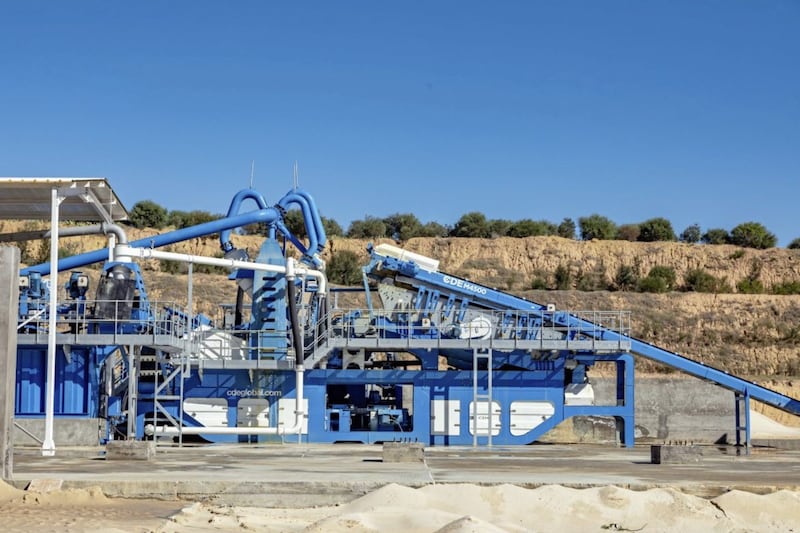THE landscape for commerce and industry has changed and as business leaders plan for recovery now is the time for new thinking to usher in a more sustainable future.
I believe sustainability has to run deep in a company and central to its success is the people behind it. Weave it into the fabric of your organisation and watch innovative thinking flourish. Trust your employees’ vision and value their input. Focus on sustainability will only intensify and it’s new and emerging talent that will shape the future success of your business.
Never has the public, and your potential talent pool, been more informed about our impact on the environment. For me sustainability became more important when I had kids. I found we can all be a little more sustainable.
There is also a business case for sustainability. It not only ensures we’ve a healthy environment to conduct our business in but time and again studies have shown the huge potential for green job creation with the right support from government and a willingness to adapt.
In pre-Covid research from Kantar, 85 per cent of consumers said it was important to buy from companies that support causes they believe in. This tells us a purpose-led strategy driven by engaged and energised employees is important to ensuring your proposition remains attractive to the growing base of eco-conscious consumers.
We need to prepare for the ‘next normal’ as we recover. This period of renewal and recovery creates opportunity. Our role as leaders is simply to support people and I think we should trust our employees to shape that version of ‘normal’ by empowering them to guide us to a more sustainable and resilient future.
A recent survey of 1,000 businesses in the UK by HSBC found a significant number of those businesses planning to increase focus on sustainability in 2021. Some 86 per cent believe there are opportunities to be had from improving environmental and ethical sustainability, and over three quarters expect sales growth as a result of their sustainability focus.
Among the opportunities are new ways of working and promoting employee wellbeing. Again we see the links between talent and sustainability. The future sustainability of a business, I believe, lies in its commitment to sustainability itself.
Businesses should consider ways to adapt as they recover from the impacts of Covid-19. Dare to be exceptional, too. We need to dream bigger and have more courage to achieve the rate of change needed.
The key to CDE’s resilience is our people. We continue to invest in our team through learning and development, and we continue to recruit placement students, graduates and world-class talent. Investing in our teams ensures we identify and develop their leadership capability whilst creating a talent pipeline of future leaders to aid internal succession planning..
I myself am a past graduate joining CDE in 2008 as a graduate technical design engineer and am now CEO. This investment ensures we attract world-class talent to the organisation, which enables new and innovative thinking to happen, ensuring our business continues to lead the way in developing sustainable wet processing technologies.
As the UK’s 2050 net zero target inches closer greater emphasis will be put on our sustainability credentials. Customers will want to associate with responsible businesses who have addressed their impact on the environment, and employees will want to work for an organisation they trust is contributing to a more sustainable future. Organisations, too, will want to engage and partner with like-minded companies that are taking proactive steps to address their environmental footprint.
We’re becoming a more circular driven economy, so don’t be left behind while others around you adapt with the times. Innovation isn’t an option.
:: Marc Jennings is chief executive of CDE in Cookstown, which designs and manufactures wet processing technologies for customers around the world.





